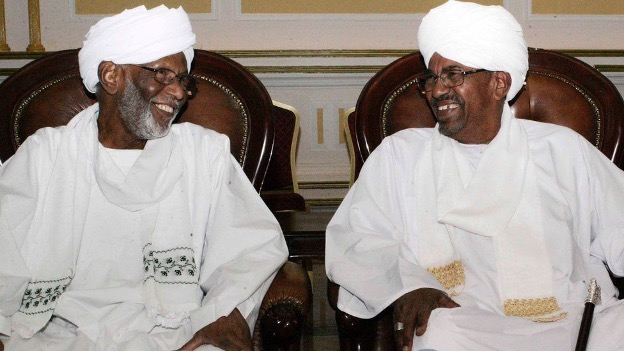
Puntland, a semi-autonomous region within Somalia, has reversed its decision to hold its 2024 parliamentary elections through a one-person, one-vote system. Instead, the region will revert to its traditional clan-based electoral process.
This decision comes after Puntland held its first direct local council elections in May 2023, hailed as a historic step towards democracy. However, opposition politicians accused President Said Abdullahi Deni of manipulating the process to extend his term.
President Deni announced the reversal on Wednesday, stating that the parliamentary elections would be held on January 8th with 66 MPs selected by clan representatives. He did not provide specific reasons for the change.
Opposition politicians welcomed the move, emphasizing its dependence on parliamentary approval.
Somalia has not witnessed direct elections for its national government and federal member states since the 1969 military coup led by Siad Barre. While neighboring Somaliland, which declared independence in 1991, has held direct elections, it remains internationally unrecognized.
President Hassan Sheikh Mohamud, who pledged to abolish the indirect electoral system in 2024, endorsed Puntland’s decision. He praised the role of traditional elders and intellectuals in driving this choice.
Somalia’s political landscape has historically been organized around clan affiliations, with key positions like speaker, prime minister, and president allocated among major clans. This system, while ensuring representation, has also fueled rivalries and political instability, creating opportunities for extremist groups like Al-Shabaab.
The future of democratic reforms in Somalia remains uncertain. While Puntland’s backtracking is a setback, it highlights the ongoing challenges of transitioning away from a clan-based system and achieving a stable and inclusive democracy.




